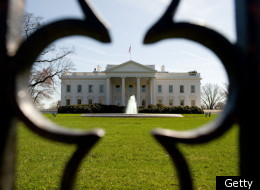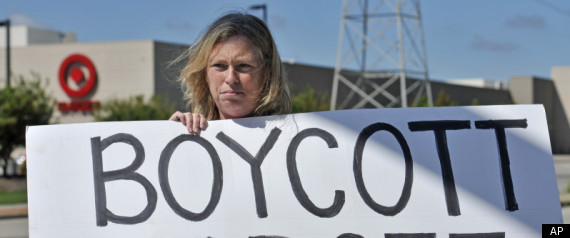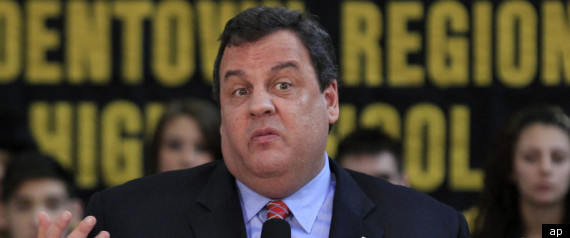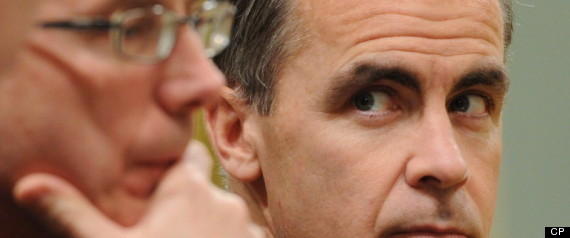OTTAWA — A controversial proposal from a Conservative backbencher to legally define fetuses as human beings — and reopen the abortion debate — will have its day in the House of Commons.
Tory MP Stephen Woodworth wants Parliament to create a committee of politicians whose task it will be to review a law that stops short of defining unborn children as "human beings."
A committee of MPs has agreed to give Woodworth at least one hour of debate sometime in April. He will receive a second hour of debate sometime either in late spring or early fall.
If parliamentarians agree to Woodworth's request, a special committee would review Section 223 of the Criminal Code, which says a child becomes "a human being . . . when it has completely proceeded, in a living state, from the body of its mother."
Tory MP Stephen Woodworth wants Parliament to create a committee of politicians whose task it will be to review a law that stops short of defining unborn children as "human beings."
A committee of MPs has agreed to give Woodworth at least one hour of debate sometime in April. He will receive a second hour of debate sometime either in late spring or early fall.
If parliamentarians agree to Woodworth's request, a special committee would review Section 223 of the Criminal Code, which says a child becomes "a human being . . . when it has completely proceeded, in a living state, from the body of its mother."








































